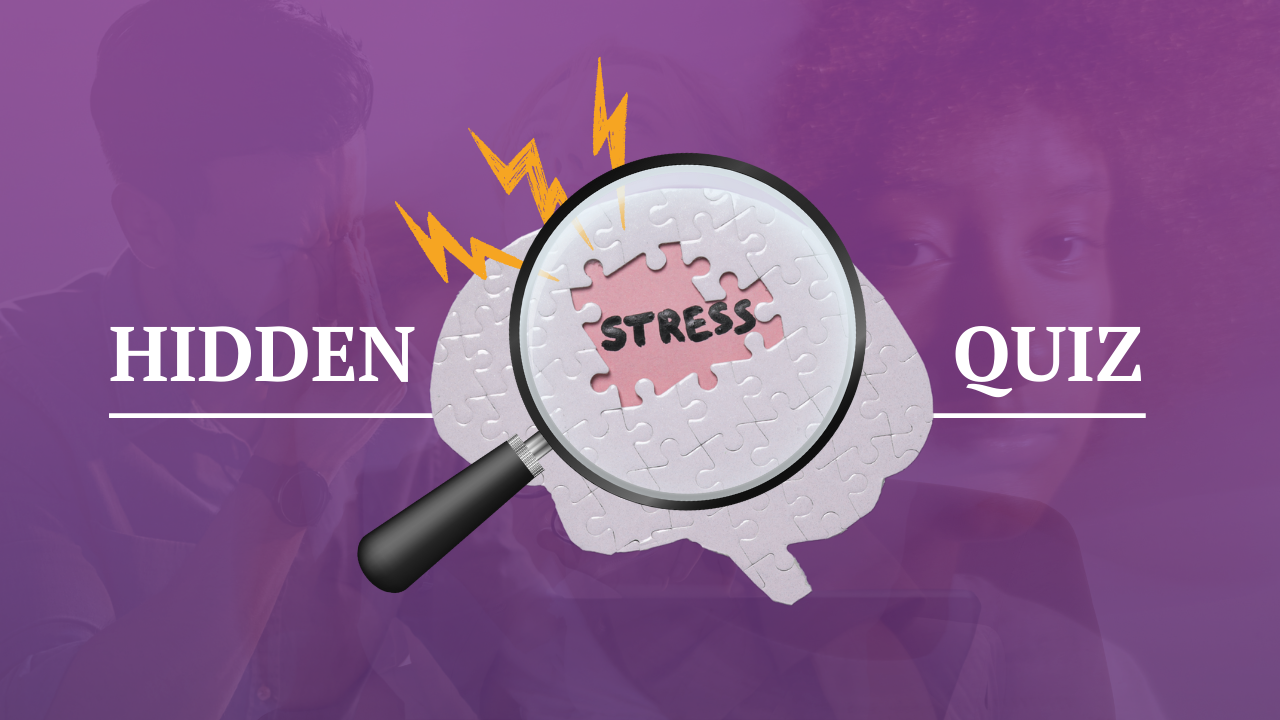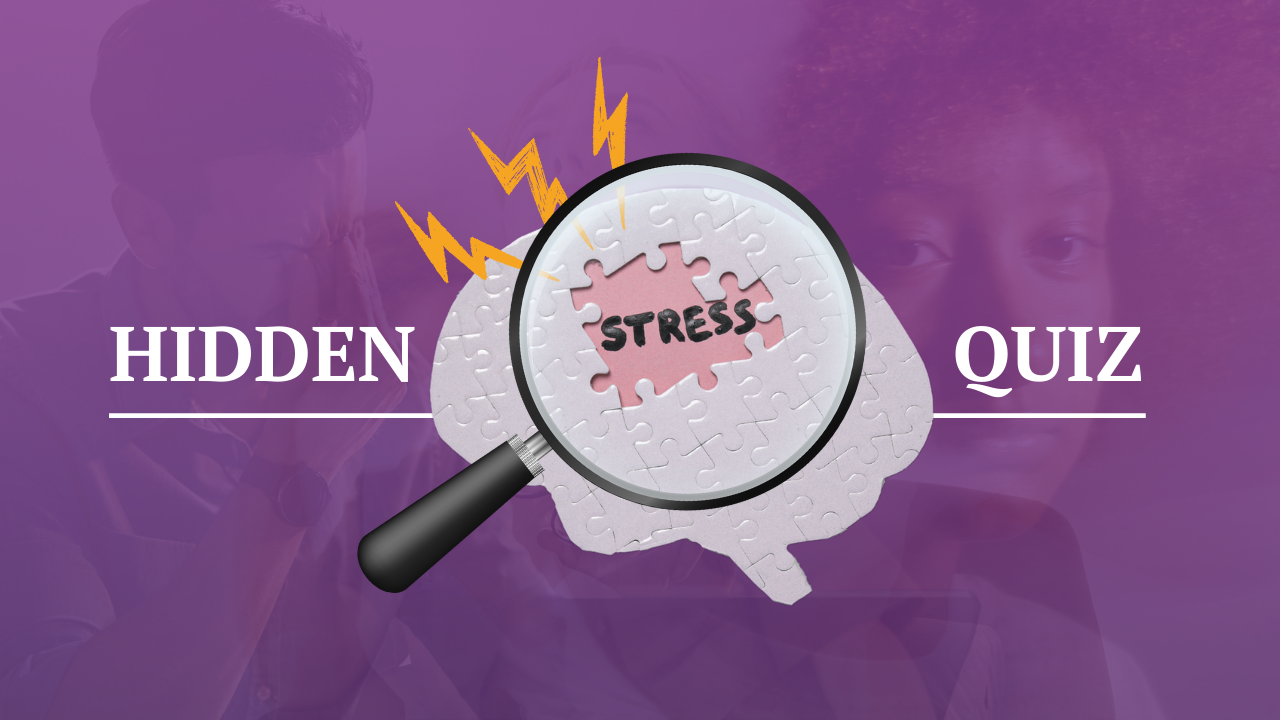Breaking Free from Internalized Racism: How to Reclaim Your Self-Worth as a Black Woman
Nov 20, 2024
I remember standing in front of a group of Black women during one of my corporate workshops, addressing the topic of self-perception and internalized racism. As I looked out at the audience, I saw women who looked like me—strong, resilient, intelligent. Yet, as I spoke about the ways societal expectations and racism shape our sense of self, I could feel the collective weight in the room. The silent nods, the lowered gazes—it was as if we all carried a burden that felt too familiar but often unspoken.
During the Q&A session, a woman stood up and shared something that stuck with me. “I’ve always felt like I have to be twice as good to even be considered worthy, but I’m exhausted. I want to be free of that pressure, but I don’t know how.”
Her words resonated deeply with me because I’ve been there. The relentless pressure to perform, to prove your worth, and to fit into the mold that society has created for you can take a profound toll. We, as Black women, often carry the weight of expectations that are not just external but internalized—expectations that shape how we see ourselves and how we navigate the world. And often, this internalized racism limits our sense of freedom, keeping us stuck in a cycle of overcompensation and self-doubt.
The Burden of Internalized Racism
Internalized racism refers to the unconscious acceptance of the negative stereotypes and beliefs about one's own race. For Black women, this manifests in many ways—from believing that we must work harder and sacrifice more to be seen as competent, to feeling pressure to conform to Eurocentric beauty standards. These beliefs are often deeply ingrained, passed down through generations, and reinforced by societal structures.
Psychological research has shown that internalized racism can lead to negative mental health outcomes, including depression, anxiety, and low self-esteem (Bailey et al., 2017). The problem is, many Black women don’t even realize they’re carrying these burdens because they’ve become so normalized.
The societal expectations placed on us—whether it’s the strong Black woman archetype or the idea that we must be "perfect" to succeed—further complicate our self-perception. These expectations are rooted in both racism and sexism, creating a unique form of oppression for Black women. We are often expected to be resilient in the face of adversity, nurturing to others, and exceptional in our professional lives, all while facing the systemic barriers that racism and sexism create.
How This Limits Our Sense of Freedom
When we internalize these messages, we begin to view ourselves through a distorted lens. We might feel that we’re not enough as we are and must constantly prove our worth. This leads to feelings of being stuck—whether it’s staying in a job where you’re undervalued, holding onto toxic relationships, or simply feeling disconnected from your true self.
The constant pressure to meet external expectations often leaves little room for Black women to prioritize their own needs, desires, and dreams. As a result, our sense of freedom—freedom to be vulnerable, to rest, to pursue joy—becomes limited. We’re too busy navigating the complex intersections of race and gender to fully embrace our own potential and authenticity.
Tools for Self-Love and Self-Compassion
The good news is that once we become aware of how internalized racism and societal expectations shape our self-perception, we can begin the process of healing. This isn’t an overnight transformation, but a journey of self-discovery and self-compassion.
Here are some tools that have helped me and countless other Black women reclaim our sense of freedom:
- Acknowledge the Impact of Racism on Your Self-Perception
The first step toward healing is recognizing how racism has influenced the way you see yourself. This requires honest self-reflection and a willingness to explore uncomfortable truths. For many of us, this may mean confronting long-held beliefs that we have to work twice as hard to be seen as competent or that our worth is tied to external accomplishments.
Journaling is a powerful tool for this kind of reflection. Set aside time each day to write about the messages you’ve internalized about yourself as a Black woman. Ask yourself: How have these beliefs shaped my life choices? What would it look like to live free from these limitations?
- Practice Radical Self-Compassion
Self-compassion is about treating yourself with the same kindness and understanding that you would offer to a friend. This is especially important for Black women, who are often socialized to care for others before ourselves. Recognize that your worth is not dependent on your productivity or the validation of others.
One way to practice self-compassion is through affirmations. Affirmations are simple, positive statements that help reframe your thoughts. Here are a few to get started:
- "I am worthy of love and respect, just as I am."
- "I give myself permission to rest and take up space."
- "My value is not determined by how hard I work."
The more you practice self-compassion, the more you’ll begin to dismantle the internalized beliefs that have kept you feeling stuck.
- Challenge Societal Expectations
Many of the beliefs that limit Black women’s freedom come from societal expectations—whether it’s the idea that we must be endlessly resilient or that we must conform to certain beauty standards. To reclaim your freedom, it’s important to challenge these expectations and define success on your own terms.
Ask yourself: Whose standards am I living by? What would it look like to create a life that’s aligned with my true desires and values? This might mean saying no to certain commitments, embracing your natural beauty, or seeking support from a therapist or coach to guide you through this process.
- Surround Yourself with a Supportive Community
Healing from internalized racism is not something you have to do alone. Surround yourself with a community of people who affirm your worth and encourage your growth. This could be friends, family, or professional groups that celebrate and uplift Black women.
Being in a supportive community can provide you with the validation you may not always receive from society at large. It also reminds you that you are not alone in this journey and that there are others who understand your experiences.
- Explore Your Inner Landscape
Finally, I invite you to take the time to explore your inner landscape. What are the beliefs, values, and dreams that truly matter to you? Where do you feel stuck, and what is holding you back from experiencing freedom in your life?
To help you with this process, I’ve created a free Discover Your Personal Freedom Worksheet. This worksheet is designed to guide you through self-reflection and help you identify the areas of your life where you feel limited. By taking the time to explore these areas, you can begin the process of releasing the patterns that no longer serve you and embrace the freedom that is rightfully yours.
The Path Forward
Healing from internalized racism and breaking free from societal expectations is not easy, but it is possible. It requires courage, self-compassion, and a commitment to redefining what freedom looks like for you. As Black women, we deserve to live lives that are not limited by the past or by the expectations of others. We deserve to be free.
By acknowledging the impact of internalized racism, practicing self-love, and challenging the beliefs that no longer serve us, we can reclaim our sense of freedom and live authentically. The journey is ongoing, but every step we take brings us closer to the lives we truly deserve.
References
Bailey, Z. D., Krieger, N., Agénor, M., Graves, J., Linos, N., & Bassett, M. T. (2017). Structural racism and health inequities in the USA: evidence and interventions. The Lancet, 389(10077), 1453-1463.
Neff, K. D. (2003). The development and validation of a scale to measure self-compassion. Self and Identity, 2(3), 223-250.


